Respiratory muscle training (RMT) has proven effective in the pre- and postoperative care to prevent respiratory muscle weakness. Evidence has shown...


Respiratory muscle training (RMT) has proven effective in the pre- and postoperative care to prevent respiratory muscle weakness. Evidence has shown...
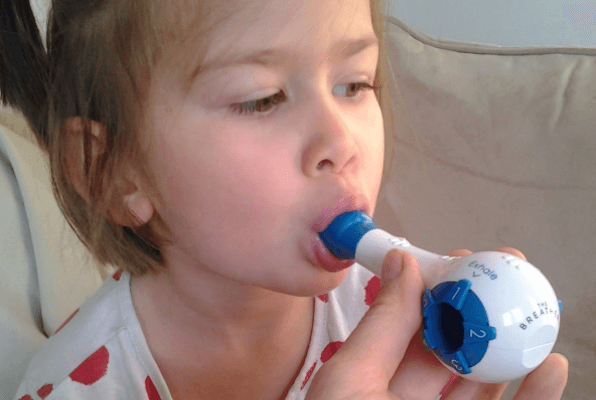
Introduction to pediatric RMT Respiratory muscle training (RMT) is an effective therapy to reverse the clinical condition of respiratory muscle...

Breathing is a fundamental aspect of life, and a necessity to fuel the body, both at rest and during exercise. In times of high respiratory demand,...
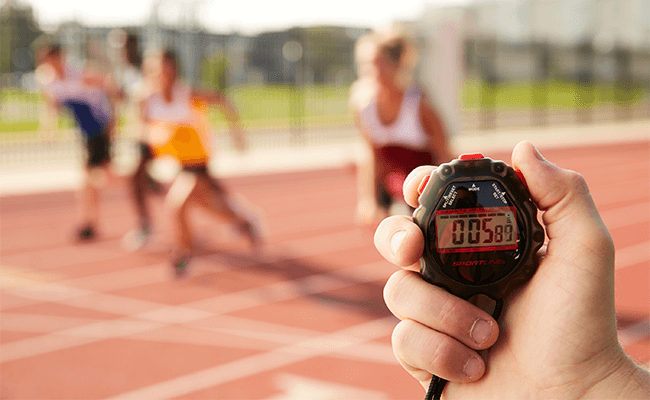
Exercise can serve as recreational pastime, improve fitness, help to reduce weight, or represent the core activity of professional athletes....
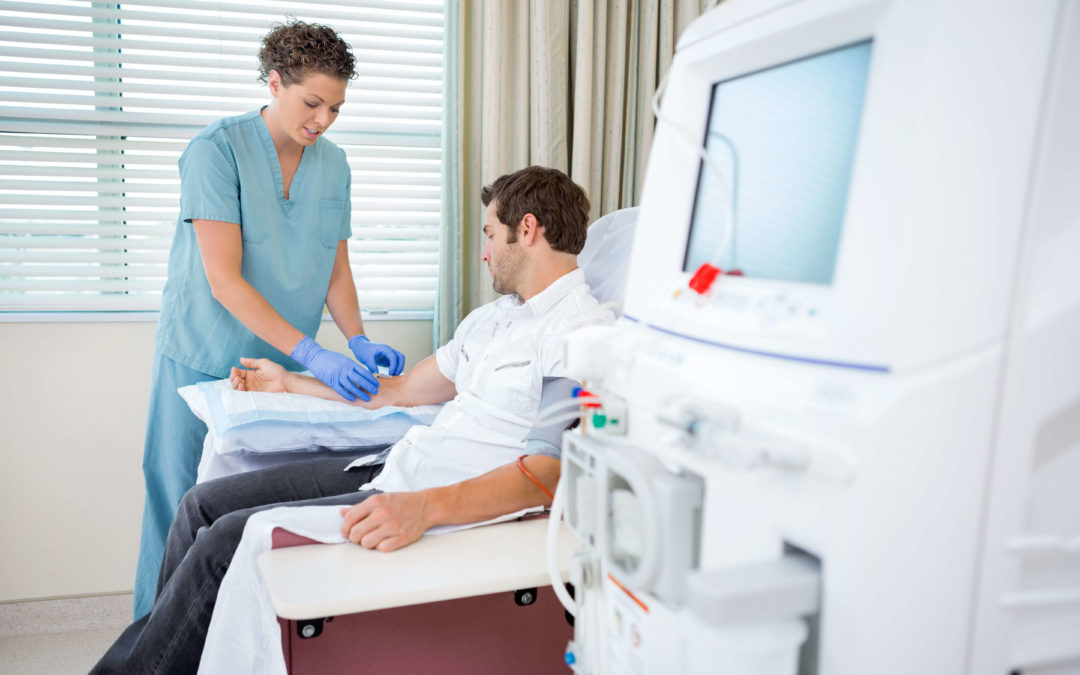
People with chronic kidney disease (CKD) who need renal replacement therapy, such as hemodialysis, often develop uraemic syndrome, associated with...
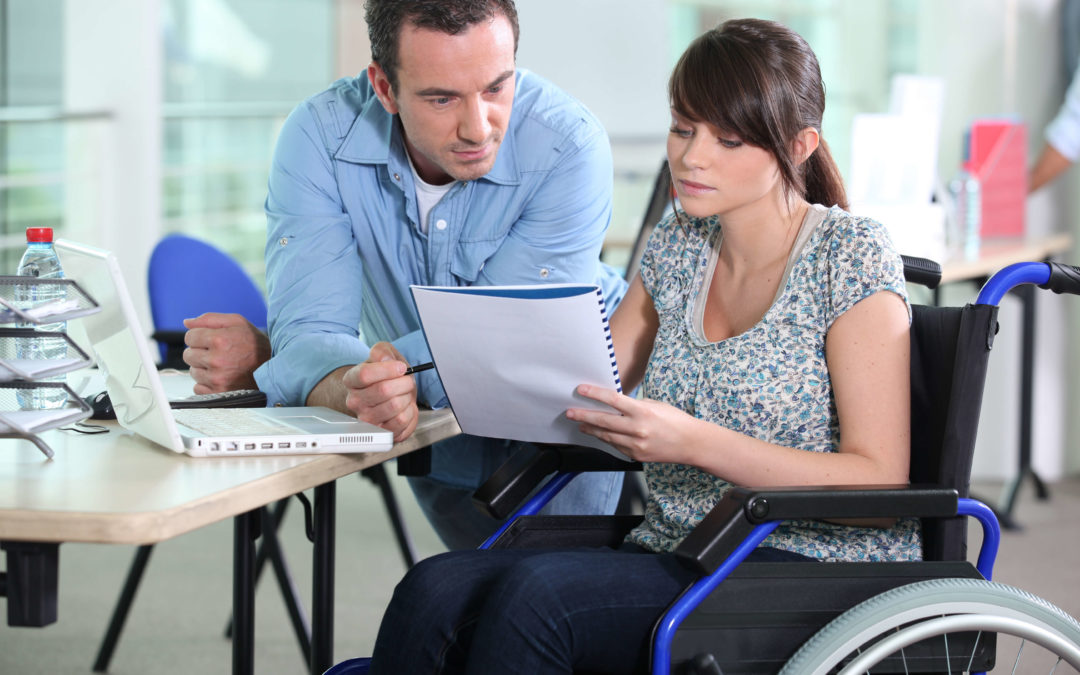
Multiple sclerosis (MS) is a primary disorder of the central nervous system that can affect motor pathways and cause muscle weakness. If respiratory...
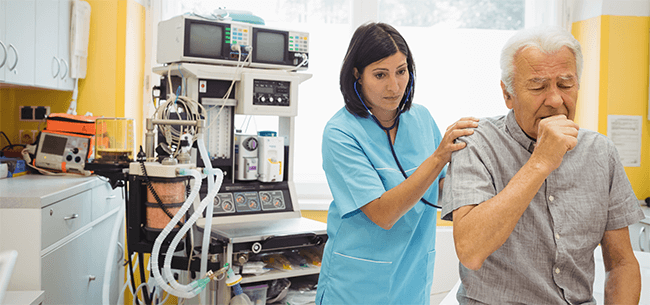
Coughing protects the lungs from aspiration, but is less effective in people with respiratory muscle weakness. Aspiration can lead to pneumonia, a...
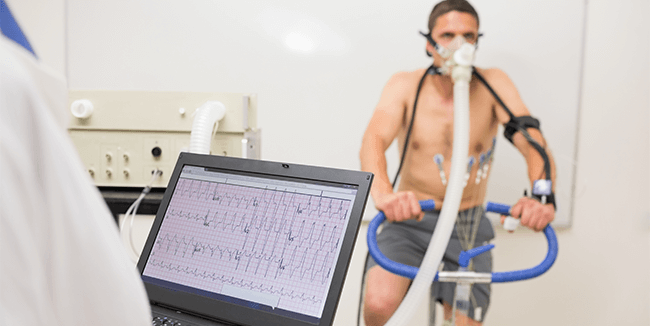
Along with impaired motor function, respiratory muscle weakness, low thorax expansion, and postural trunk dysfunction greatly contribute to exercise...
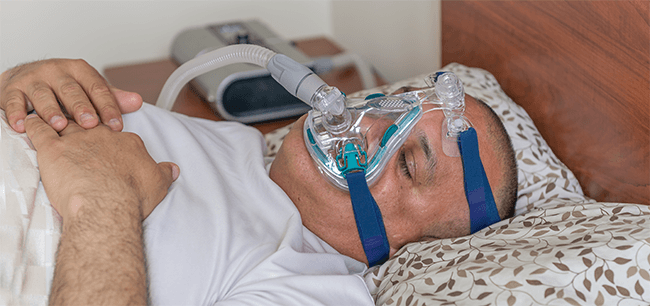
Respiratory muscle weakness is prevalent among people with spinal cord injuries and leads to poor airway clearance and pneumonia. Twenty-eight...

The crural diaphragm (CD) is an essential component of the esophagogastric junction (EGJ) and, in combination with inspiratory muscles and abdominal...